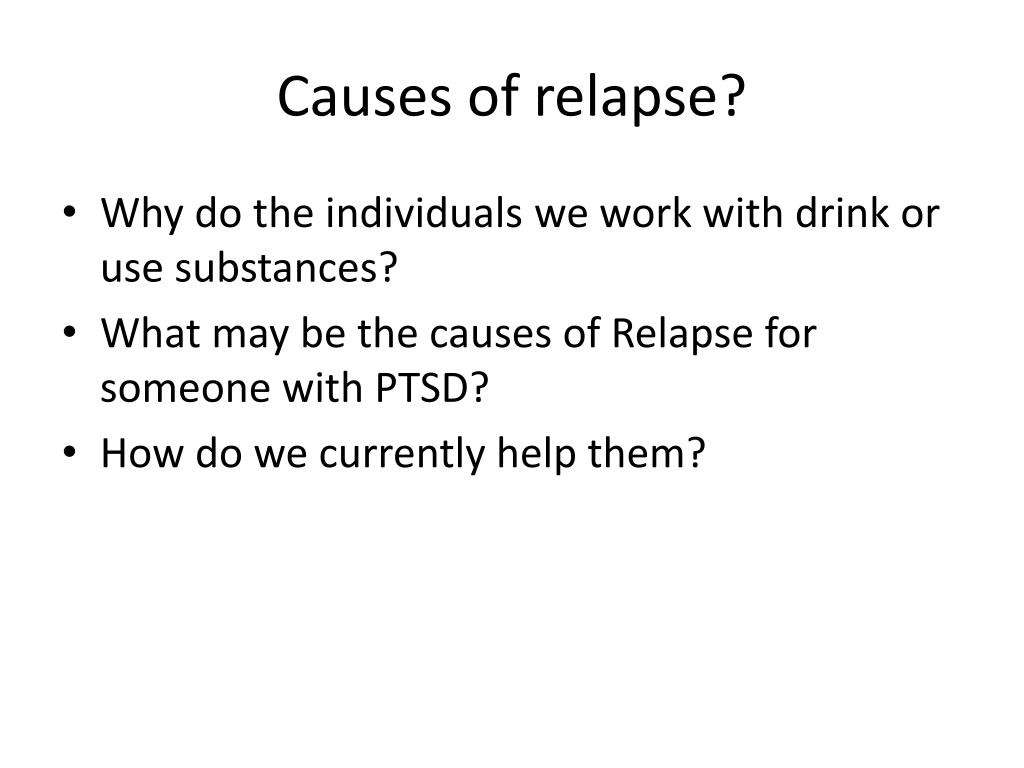What causes depression relapse quotes, what causes depression relapse detection, what causes depression relapse signs, what causes depression in women, what causes depression in college students, what causes gout, what causes vertigo, what causes diarrhea, what causes dry mouth,
Relapse is a common occurrence for those who are in recovery from addiction. Many individuals may feel overconfident in their ability to stay sober, but the reality is that there are several factors that can contribute to a relapse. In this post, we will explore some of the most common causes of relapse and provide tips on how to stay sober.
Stress

One of the most common causes of relapse is stress. Stress can come from various sources, such as work, relationships, or financial struggles. Individuals in recovery may turn to substances as a way to cope with stress, which can quickly lead to a relapse. It's important for those in recovery to find healthy ways to manage stress, such as exercise, meditation, or therapy.
Triggers

Triggers are another common cause of relapse. Triggers are events or situations that can cause a person to have cravings for drugs or alcohol. Triggers can be external, such as seeing someone use drugs or alcohol, or internal, such as feeling certain emotions. It's important for individuals in recovery to identify their triggers and develop strategies for coping with them.
Complacency
Complacency is a dangerous mindset for those in recovery. When individuals start to feel too comfortable in their sobriety, they may become complacent and stop putting in the effort to stay sober. This can quickly lead to a relapse. It's important for individuals in recovery to stay vigilant and continue to work on their sobriety every day.
Peer Pressure
Peer pressure is a common cause of relapse, especially for younger individuals in recovery. Friends or acquaintances may encourage individuals in recovery to use drugs or alcohol, and it can be difficult to resist the temptation. It's important for individuals in recovery to surround themselves with positive influences and avoid situations where they may be pressured to use drugs or alcohol.
Poor Self-Care
Poor self-care can also contribute to relapse. When individuals neglect their physical or emotional health, they may turn to drugs or alcohol as a way to cope. It's important for individuals in recovery to prioritize self-care and make sure they are taking care of their physical, emotional, and mental health.
Conclusion
Relapse can be a difficult and frustrating experience for those in recovery, but it is important to remember that it is a common occurrence. By identifying the common causes of relapse and developing strategies for coping with them, individuals in recovery can increase their chances of success. If you or someone you know is struggling with addiction, reach out for help and support.
Also read:
.Blog Archive
Total Pageviews
Search This Blog
-
How to quit vim editor, how to quit vim in terminal, how to quit vim file, how to quit smoking, how to quit vaping, how to quit a job, how t...
-
Always coughing up white phlegm, what causes white phlegm, why am i coughing up white mucus, coughing up white stuff, why do i cough up whit...
-
What causes depression relapse quotes, what causes depression relapse detection, what causes depression relapse signs, what causes depressio...
